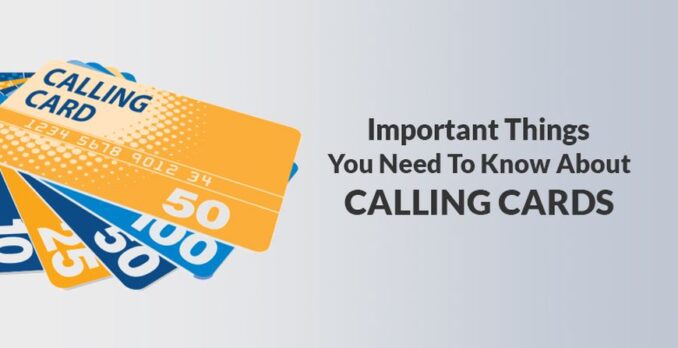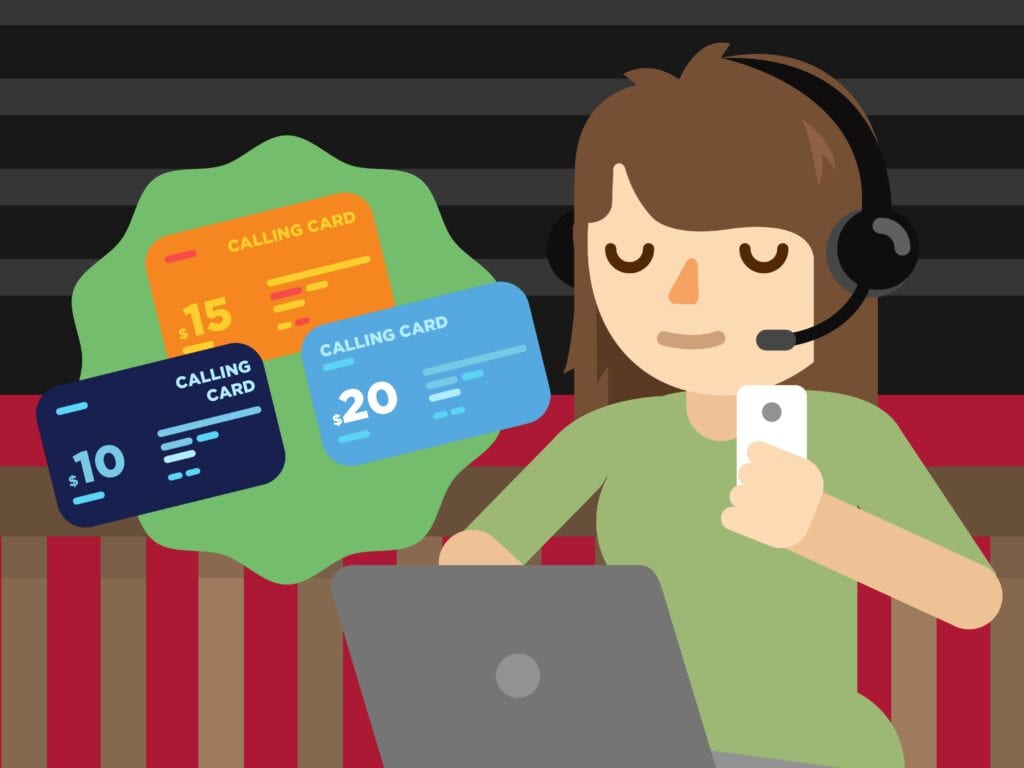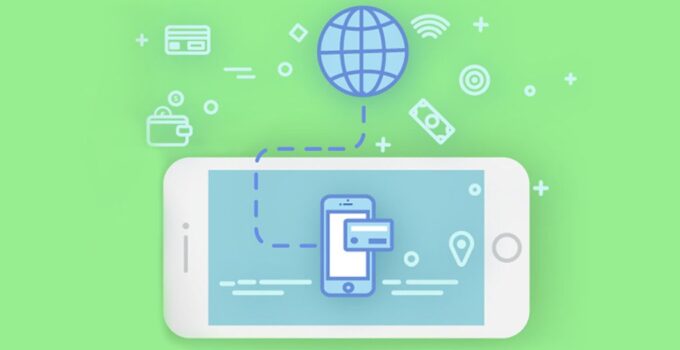Back in my globetrotting days keeping touch with people was one of the most challenging parts, finding reliable internet options in some places just wasn’t an option so I relied heavily on using international calling cards.
Some people think they’re “old school” but what I’m most interested in is do they work and the good thing about calling cards is that they use the copper phone lines same ones used when calling from your home land line and most people even in less developed countries have access to the phone whereas they are less likely to have a reliable internet connection or even no connection at all.
Who should purchase a calling card?

Source:inaani.com
Travellers
If your travelling then I would highly recommend having a calling card on hand as a backup just in case you’re calling from more remote areas.
Relocated
According to phonecardpoint.com.au, If you’ve just relocated to another country then having and international phone card is a great option especially if you’re calling to countries that aren’t in the top tier group (New Zealand, Australia, United States, Japan, China, India, Hong Kong, Canada, UK, South Africa, etc.).
Mobile companies will tend to provide really good calling rates to these countries so a phone card may not be necessary.
While I’m a big fan of calling cards you need to be careful because there are a lot of companies that push the boundaries on ethical business practices.
In this article, I’ll give you my best tips for purchasing the best international phone card without being scammed.
5 things to consider before purchasing your card
Connection fees
A connection fee is a fee that is charged that is deducted from the phone card once there is a “successful” connection.
I’ve placed successful in quotes because a successful connection could be one of three things:
- The person you want to speak to answers your call
- You get a voice message
- The person you don’t want to speak to answers the phone i.e. you get a crossline where your call somehow is connected to another person in another country (technical fault)

Source:blog.prototypr.io
In each of these cases your card will be charged that connection fee.
In the 3rd case it’s best to avoid making further calls and to call the customer service team to get the card issue resolved because it’s likely that the problem will continue.
Are connection fees bad? Not necessarily, what you’ll likely find is that calling cards with connection fees will tend to have a slightly lower per minute charge so if you’re making long duration calls 40 plus minutes then it may work out cheaper.
Customer service
I recommend using an online provider and calling their customer service team to find out:
How responsive they are. If you’ve tried a few times to call them and they still haven’t got back to you then should you have technical difficulties then you’re unlikely to get the problem resolved.
Ask them how long it takes to resolve tech problems. Ideally technical issues should be resolved that same day, if it takes them a few days or weeks then avoid buying that card.
Refunds. Ask them what their refund policy is and what does it cover.
Delivery. How long will it takes to receive your card once purchased? Will they deliver it by mail or send it to you via email?
Local access numbers. Local access numbers is the number you call to access the phone card service. Where are their local access numbers located? They might have local access numbers that are not within your area making the card useless.

Source:pinterest
Long or short term?
Do you need a one-off type of card or a rechargeable? If you’re going to be using the card long term then I’d recommend getting a rechargeable only because it makes life easier in terms of having to remember just one PIN number.
Per Min Rates
There are two main things to look for:
- What is the per minute rate
- What is the billing block?
The billing block simply means in what increments will you be charged, for example, if the billing block is 4 minutes then you’ll be charged the per min rate every 4 minutes. If you per min rate is 10 cents then 40 cents will come off your card every 4 minutes.
May not seem like a big deal on the surface but this will eat away at a surprising amount of credit.
For example if you’re call is only 1 minute then you will be charged 40 cents so unless you’re ending your call on the 3:59 of every call then you’re going to be losing credit guaranteed.
Try to find a card that charges in 1 minute billing increments if possible.
Other Hidden fees

Source:telecomnewsroom.com
Calling card companies will generally make a good amount of money from additional fees to offset their slim margins from calls.
Here are the most common calling fees you’ll run into:
Connection fees – this one is the most common and may not necessarily be a bad thing especially if the calling rates are lower and you typically make long duration phone calls.
Admin fees – avoid companies that charge admin fees because they are nothing more than free money for that company.
Expired credit – as with all of the cards (credit, passport, etc.) phone cards will have a hard expiration date which is not a problem, the problem is what happens to any remaining credit on the card when your calling card expires.
A lot of companies will take that money so you’ll want to make sure you use all of the credit or check in with the retailer what happens to your credit after it expires.
If you are buying a rechargeable calling card then you might be able to recharge an expired card and get the credit back that you had lost.
When travelling or relocating you ideally want to have as many ways to contact friends and family as possible which includes, calling apps, video calling, and international calling cards.





